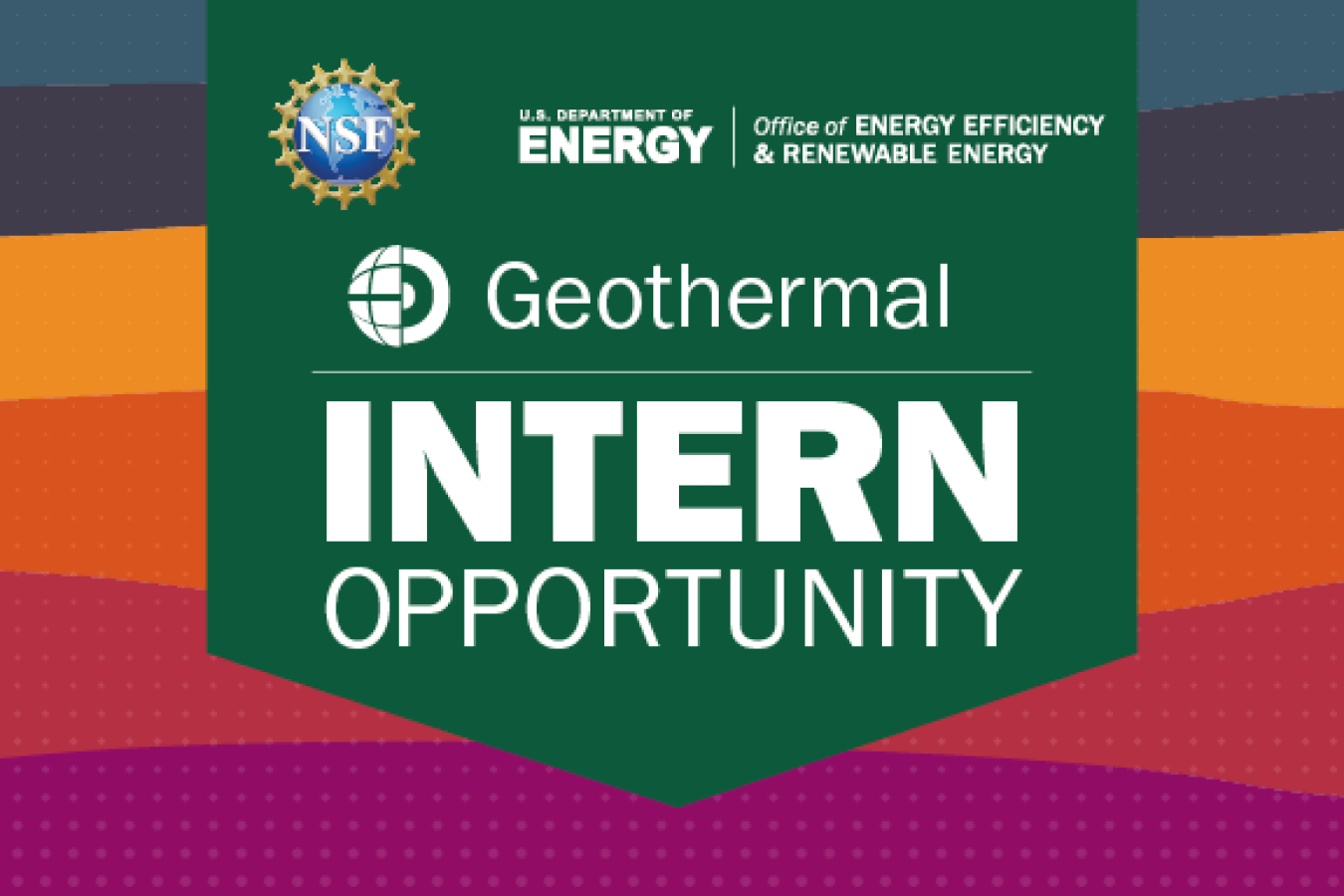
With funding support from the Geothermal Technologies Office (GTO), the National Science Foundation (NSF) INTERN program is accepting applications for the Geothermal INTERN opportunity.
Under this opportunity, graduate students can acquire core professional competencies and skills by working within the geothermal industry.
Apply today!
NSF administers the main INTERN program and its three subprograms, including the Geothermal INTERN opportunity on which NSF and the U.S. Department of Energy (DOE) partner.
Graduate students must be funded on active NSF grants to apply. It is expected that the graduate student and the Principal Investigator (PI) on the NSF grant will work together to identify innovative experiences that add the most educational value for the graduate student through activities that are not already available at the student's academic institution. It is also expected that the internship will be focused on a science, technology, engineering, or mathematics (STEM) field or in STEM education research.
To be eligible, graduate students must have completed at least one academic year in their graduate program (master's or doctoral) and be making satisfactory progress towards the completion of their degrees. Geothermal INTERN applications require the following:
- A two-page summary that describes the internship
- The graduate student’s resume
- A letter of collaboration from an authorized official at the host organization that describes the internship opportunity and mentoring the student will experience during the internship
- A letter from the PI that confirms the student meets the eligibility requirements specified in NSF’s Dear Colleague Letter about the opportunity
- Agreement between the NSF awardee and the organization hosting the graduate student regarding how intellectual property rights will be handled
- A budget and a clear justification for all requested costs
The NSF INTERN program, established in 2017, provides non-academic research internships to graduate students for the purpose of acquiring core professional competencies and skills in a wide range of sectors in the U.S. economy. Each year, NSF administers internships for nearly 300 graduate students.
In 2022, DOE and NSF announced their partnership on the Geothermal INTERN opportunity, a new component of the INTERN program. This NSF-DOE collaboration coordinated under the NSF-DOE Memorandum of Understanding supports 10 to 20 research internships per year to work in the geothermal industry on projects that advance geothermal technologies.
Participants in the NSF INTERN program are empowered to proactively expand their technical expertise and increase their career opportunities. In contrast to a traditional internship scenario, the INTERN program enables the Principal Investigator (PI) and student to identify the research opportunities that are most synergistic and beneficial to the student, in collaboration with the host. The student remains a university employee and works at the host organization as a collaborator on a research project, building skills not only in their chosen field but also in communication, innovation, leadership, and more.
NSF considers supplemental funding requests for up to an additional six months of graduate student support to provide non-academic training for graduate students and professional development experience in preparation for multiple career pathways. INTERN supplements also provide up to $55,000 to support travel, tuition and fees, health insurance, additional stipend, and other costs.
The INTERN program especially encourages the participation of graduate students from groups that are underrepresented in STEM. Graduate students supported in INTERN awards have gone on to secure strong placements in industry and government sectors.
Watch NSF’s video of students sharing what they gained from the program to learn more.
Geothermal INTERN Cohorts
Second Cohort
The second cohort of 24 students represents a breadth of human experiences: they hail from locations across the globe and are pursuing studies at 17 different colleges and universities, among them institutions in Established Program to Stimulate Competitive Research (EPSCoR) states. The students and partnerships supported through the INTERN program are helping to build the geothermal energy workforce and demonstrate the varied opportunities in geothermal career paths.

Porraket Dechdacho
University: University of Minnesota, Twin Cities
Host Organization: Los Alamos National Laboratory
Degree: Ph.D. in Hydrogeology
“One unexpected lesson [from this internship is] how crucial collaboration between modelers, experimentalists, and geologists is for the understanding of the subsurface process. This interdisciplinary teamwork was eye-opening and helped me deepen my understanding of geothermal research, particularly the site-specific challenges and the importance of subsurface data."
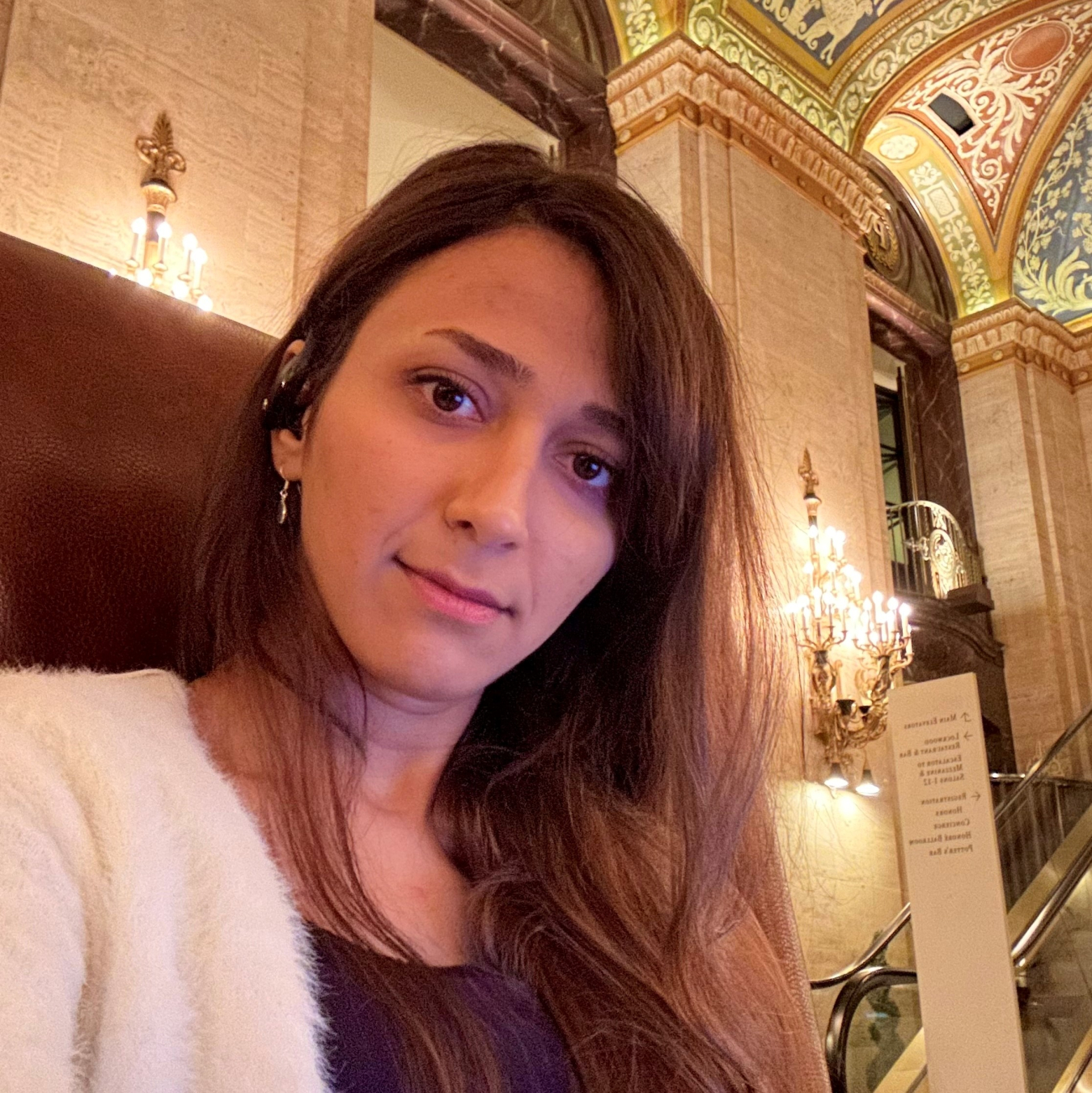
Feaze Ghazvini
University: University of Southern California
Host Organization: GeothermEx
Degree: Ph.D. in Chemical Engineering
“In my future career, I hope to contribute to advancing geothermal energy as a reliable and scalable solution for global energy needs. I’m passionate about driving sustainable practices, and I believe geothermal energy has immense untapped potential. I hope to be a female leader in this field.”
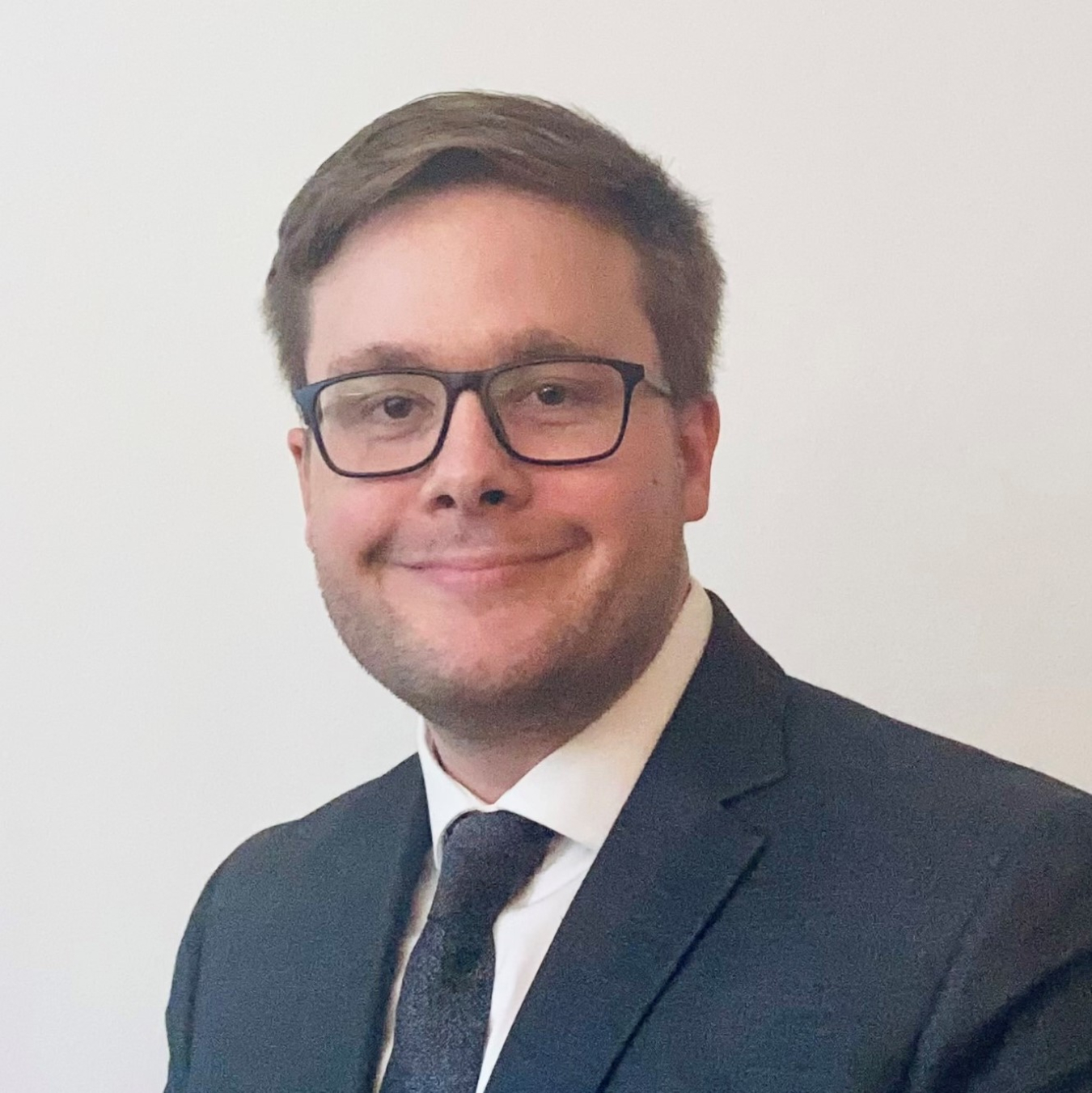
Tyler Hickey
University: West Virginia University
Host Organization: West Virginia Geological and Economic Survey (WVGES)
Degree: Masters in Geology
“This experience has allowed me to explore an innovative and sustainable energy source that has the potential to reshape our landscape. Working alongside experts in the field has provided invaluable insights and practical knowledge that I could not have gained elsewhere. This internship is not only a stepping-stone in my career but also a profound personal and professional growth experience.”
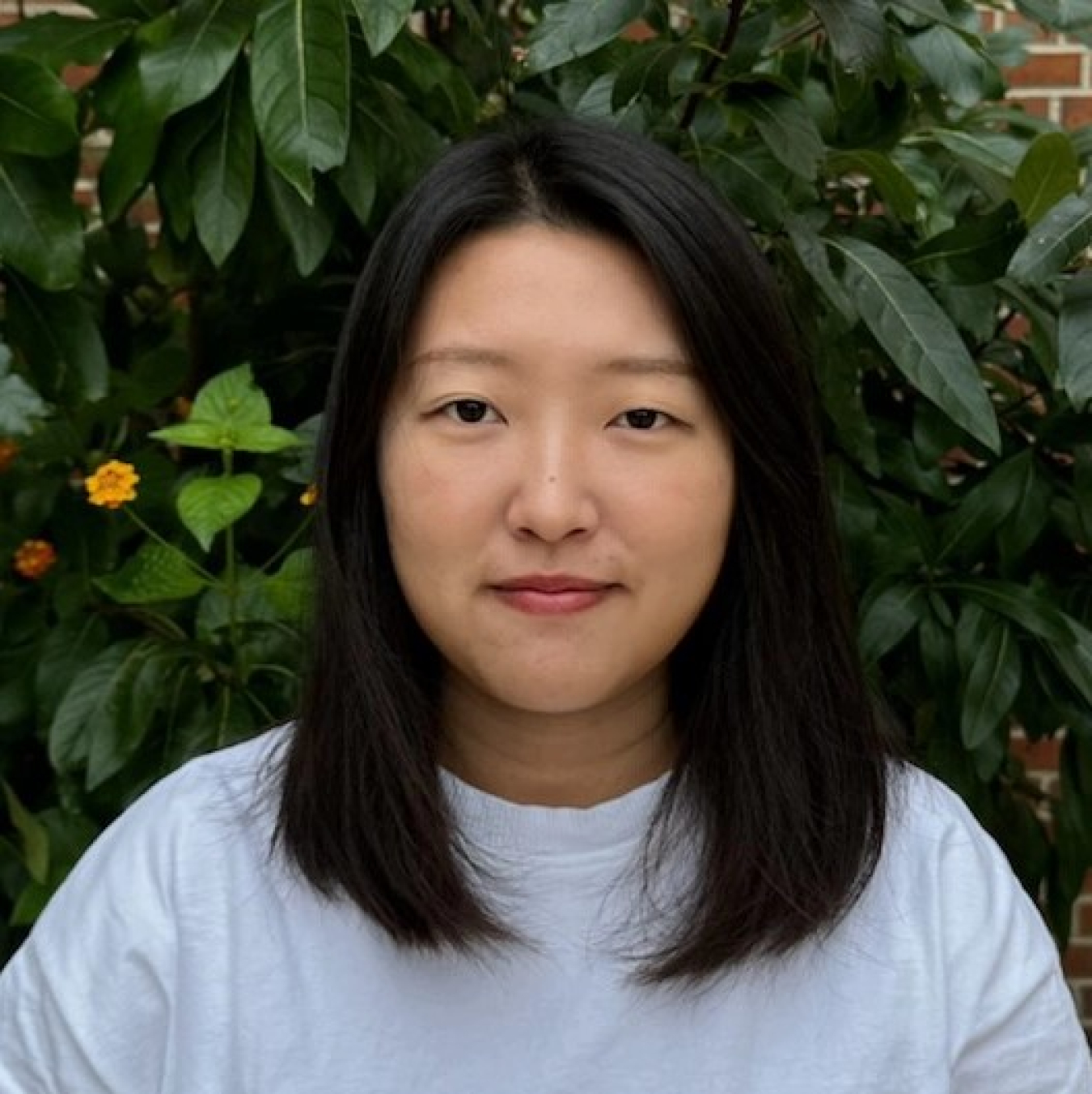
Seungmin Lee
University: Florida State University
Host Organization: Lawrence Livermore National Laboratory
Degree: Ph.D. in Applied and Computational Mathematics.
“The lab I worked was highly supportive, always seeking to ensure the convenience of its researchers. They offered a variety of training programs to help incoming interns and researchers adapt to the lab environment. I also appreciated the numerous opportunities to engage in conversations with people from various fields, allowing for an inspiring exchange of ideas.”

Lauren Terry
University: Colorado School of Mines
Host Organization: Coso Operating Company Geothermal Facility
Degree: Ph.D. in Economic Geology
“I think the more we can educate people, the better off we will be when we make decisions, whether those pertain to policy or the everyday decisions that add up to how we live in society. [...] Before this internship, I had only a vague idea of how a geothermal power plant operated. They are really fantastic when you learn about them in detail.”

Hugo Zazueta
University: University of Texas Rio Grande Valley
Host Organization: Oak Ridge National Laboratory
Degree: Masters in Civil Engineering
“My advice for anyone interested in working geothermal energy is to apply for internships at national laboratories like ORNL [Oak Ridge National Laboratory]. These labs are home to some of the greatest minds in the field. Researchers at these prestigious institutions possess deep knowledge and wisdom [...], providing invaluable learning opportunities.”
First Cohort
The 14 students selected for the first Geothermal INTERN cohort represented 11 colleges and universities nationwide, as well as an array of backgrounds and academic disciplines. The students in the first cohort had very positive experiences across their varied internships. They reported finding great value in putting their scholarly expertise to real-world, hands-on use, and being delighted by the warmth, generosity, and passion of the people working in geothermal who were so willing to invest in the students’ career growth. One student, having witnessed the U.S. national laboratories’ work and impact through their internship, has declared that working for Oak Ridge National Laboratory is now one of their career goals.
Meet some of them below, and learn more about their backgrounds, their internships, and their advice to other early career professionals below and in GTO's 2023 blog series.
- Part 1: What Drew the First Cohort to Geothermal
- Part 2: The Geothermal INTERN Experience
- Part 3: Five Tips for Building a Career in Geothermal Energy
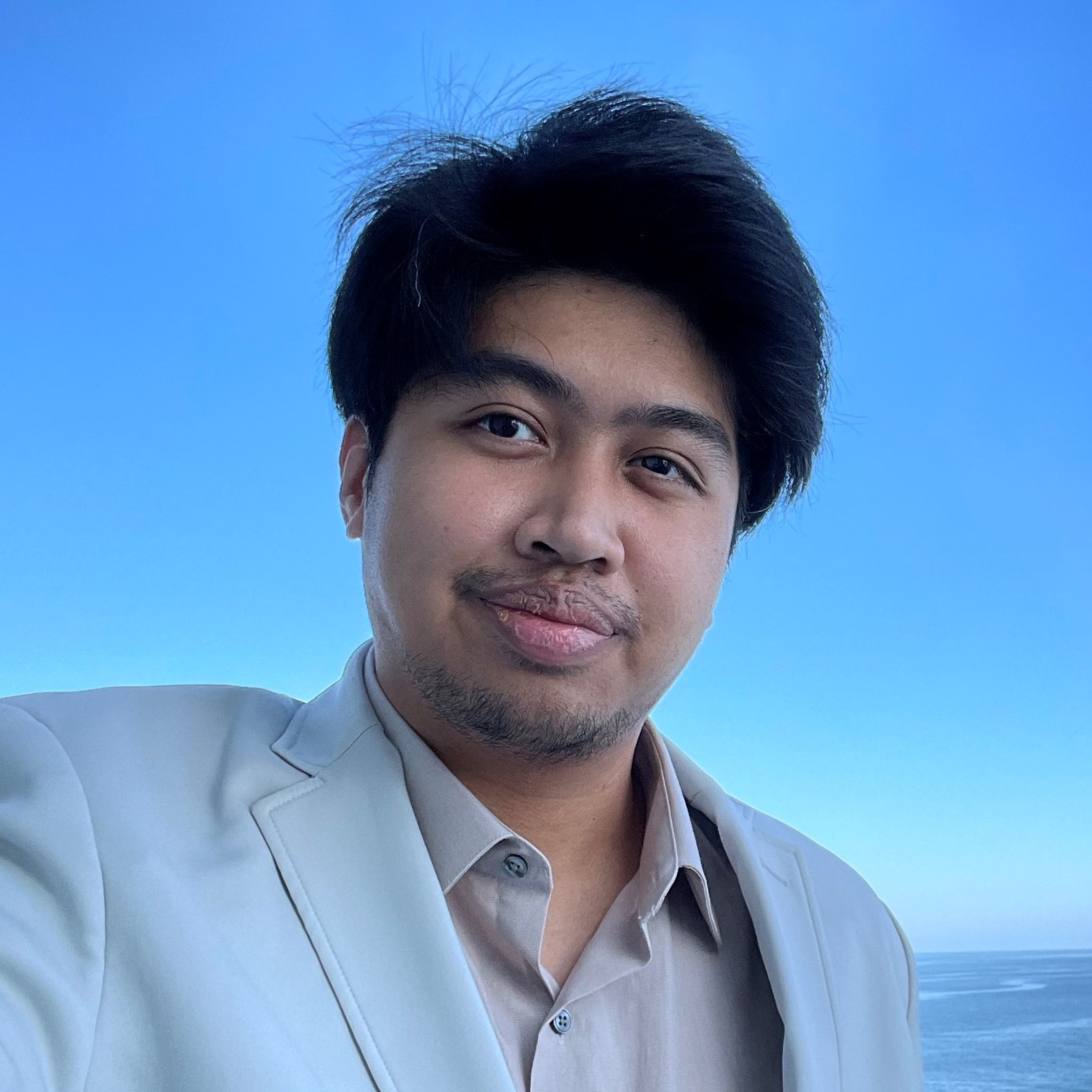
University: University of Texas at Rio Grande Valley
Host Organization: Oak Ridge National Laboratory
Research Field: Well Structure Integrity of Geothermal Systems
“It was inspiring to learn how other countries shared information to improve current geothermal energy resources and technology so that we, as a collective whole, can make renewable energy more readily and easily available.”
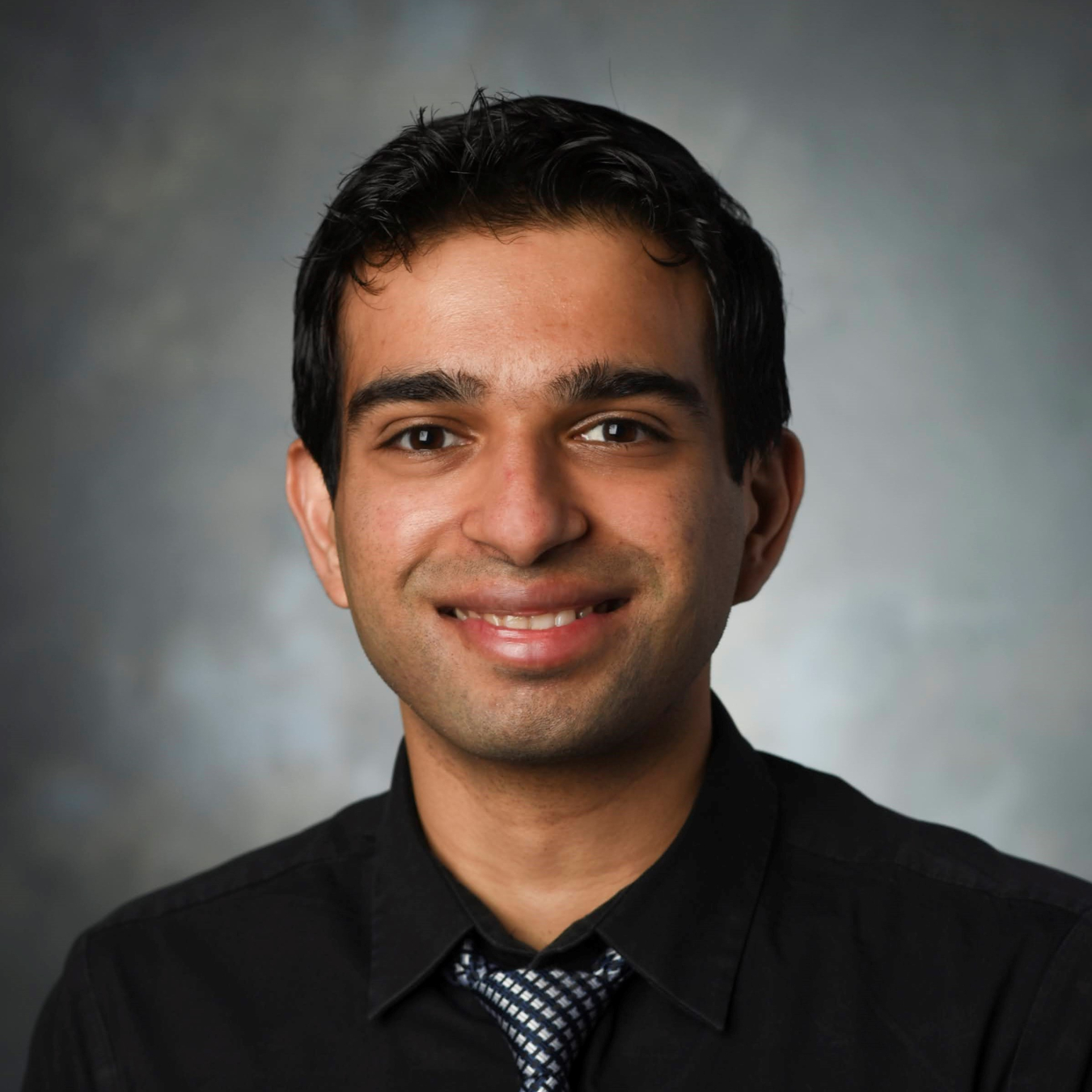
University: The Pennsylvania State University
Host Organization: Argonne National Laboratory
Research Field: Physics-Informed Machine Learning (ML)
“The real-world implications of researching laboratory earthquake forecasts using ML are immense. By offering warnings to at-risk communities, accurate and timely earthquake prediction can save lives and limit damage.”
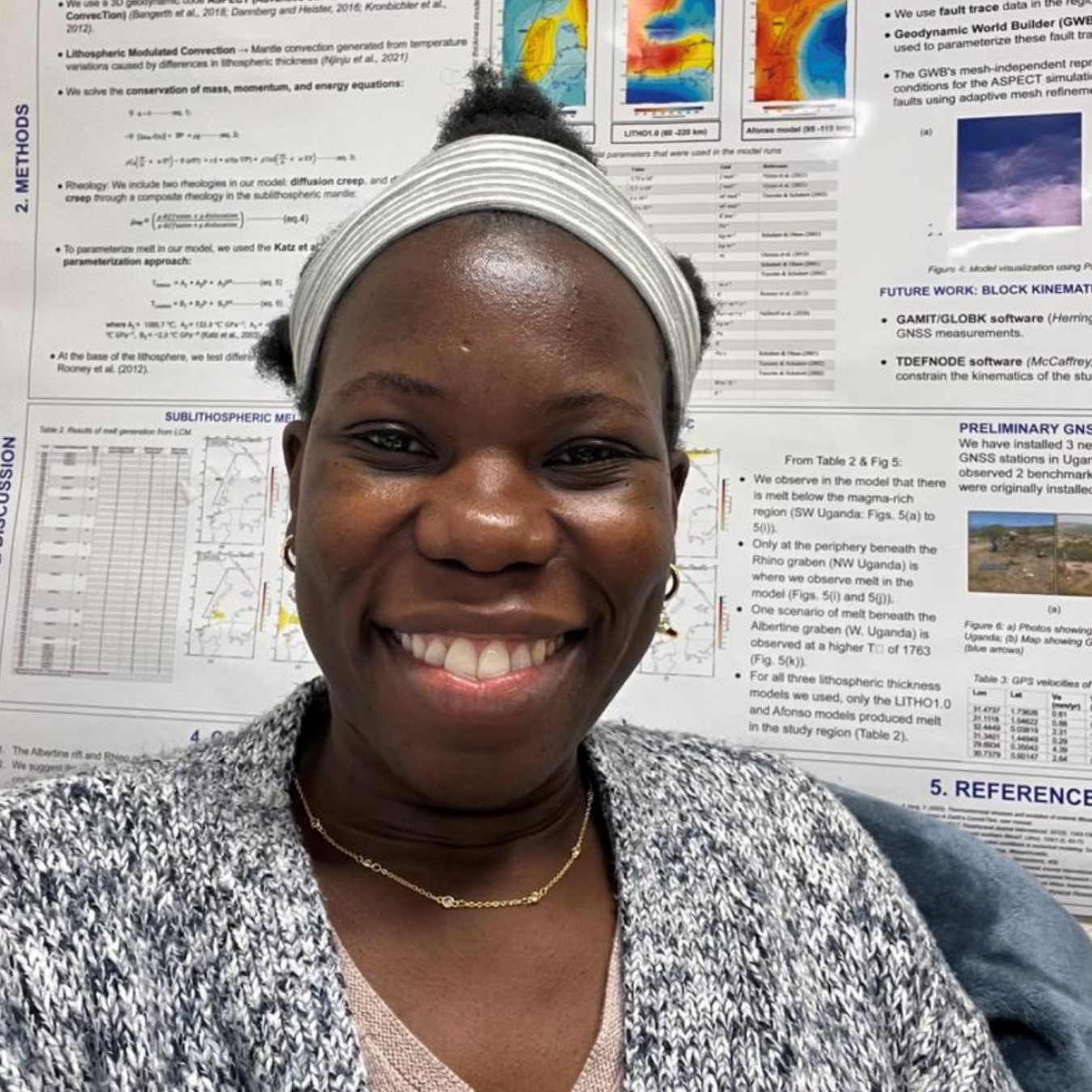
University: Virginia Tech
Host Organization: Minaean SP Construction Corp.
Research Field: Geodesy and Tectonophysics
“I love the idea of studying the Earth, and the processes that formed it and are still shaping the landscape today.”
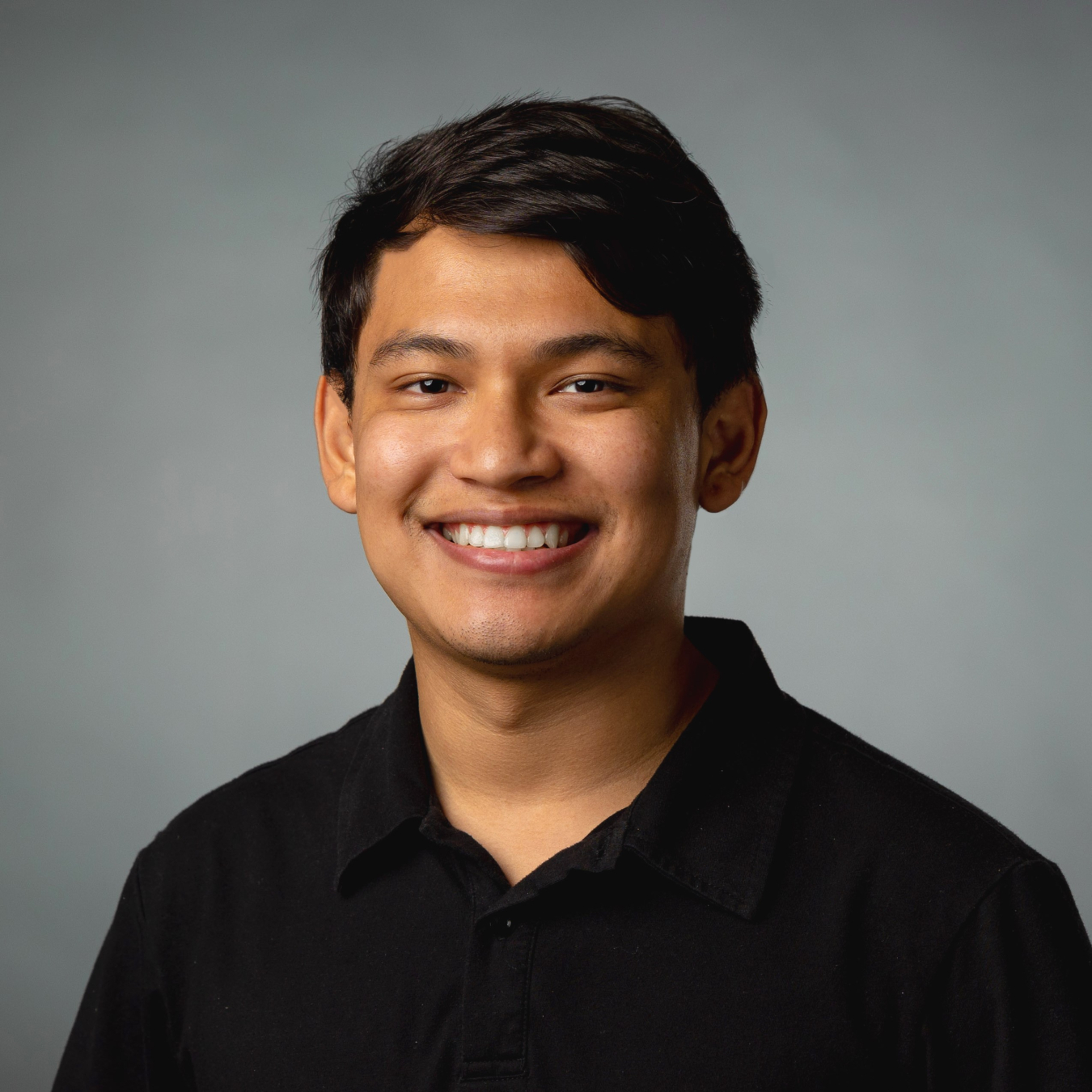
University: Central Michigan University
Host Organization: Geologica Geothermal Group
Research Field: Machine Learning (ML)
“I am fascinated by the potential of utilizing synthetic data to harness the power of ML algorithms—there remains a vast unexplored territory in this area. Witnessing how artificial intelligence can positively impact people's lives and enhance safety is truly remarkable.”
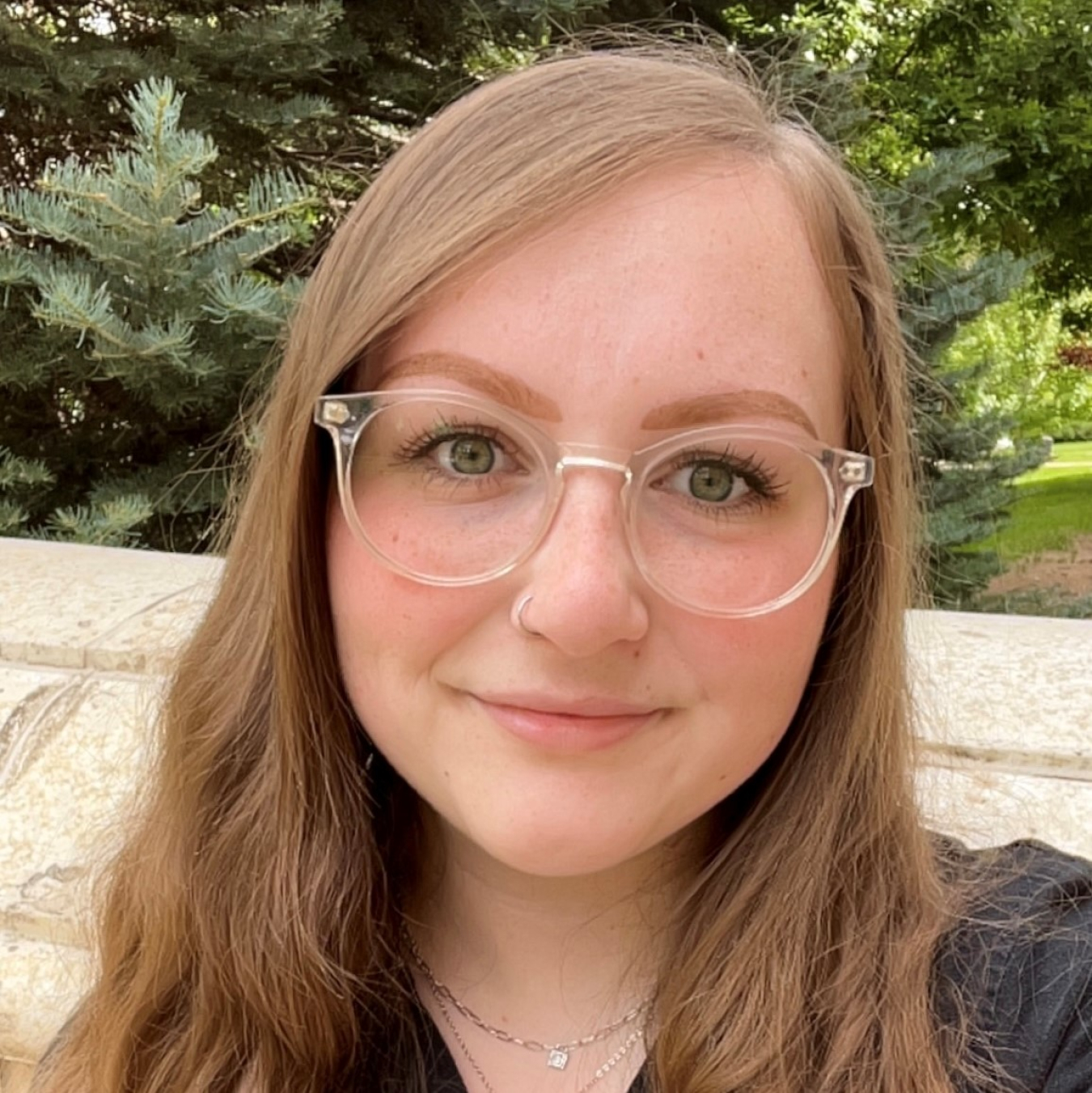
University: Colorado School of Mines
Host Organization: Coso Operating Company
Research Field: Economic Geology
“I am very much looking forward to working on the Coso geothermal project, as it will allow me to gain and refine more diversified research skills.”

University: University of Texas at El Paso
Host Organization: Pacific Northwest National Laboratory
Research Field: Seismology
“Working with professors who are experts in seismology, I realized how much we still do not know about the Earth's internal structure and the processes that shape it. It is a challenge that is exciting and worth diving into.”
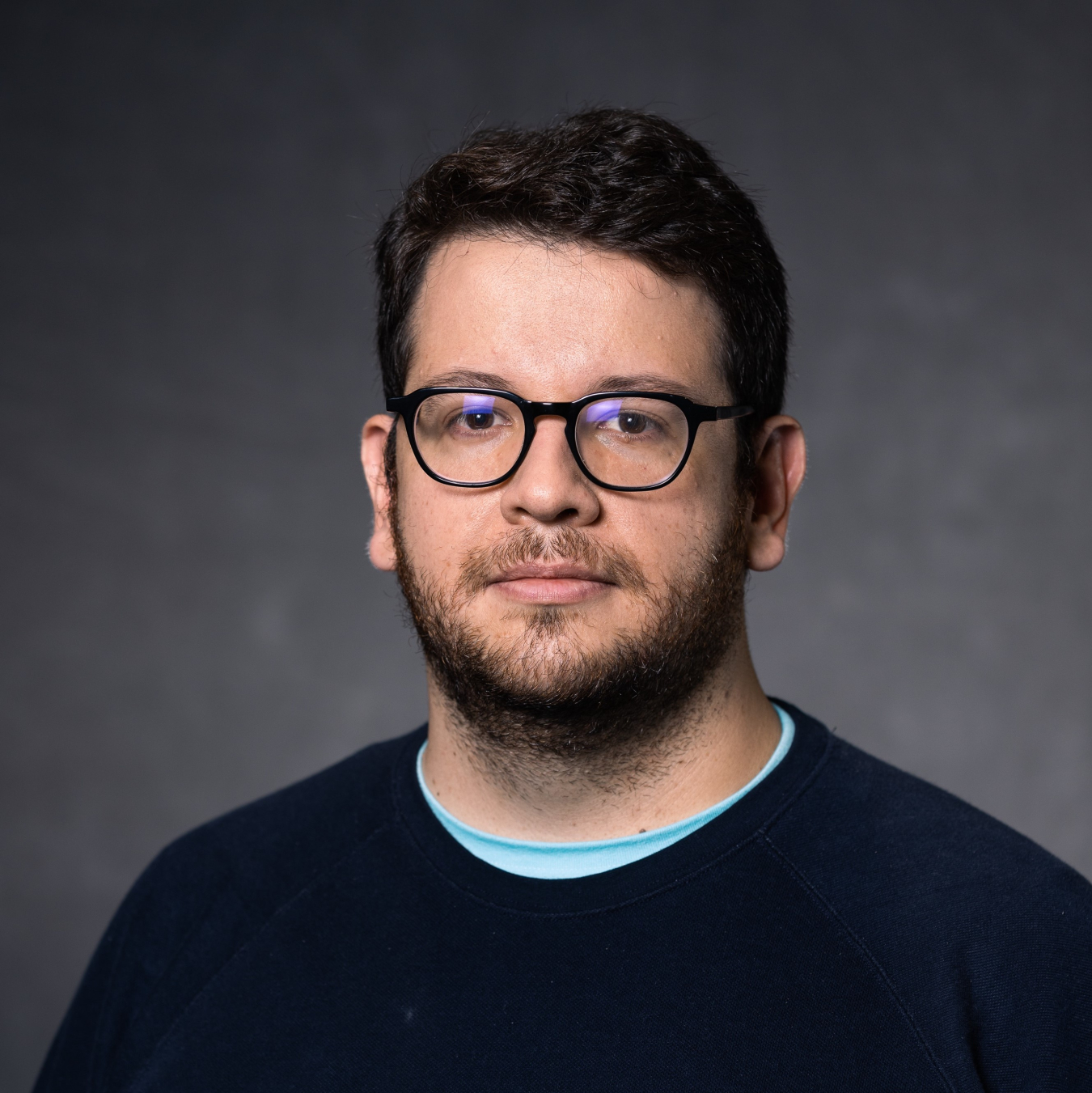
University: University of Utah
Host Organization: Zanskar Geothermal & Minerals, Inc.
Research Field: Seismology
“Zanskar has been a great place to work and learn, to use and adapt our methodologies to geothermal exploration. I'm very grateful for the opportunity to work in such a dynamic startup.”
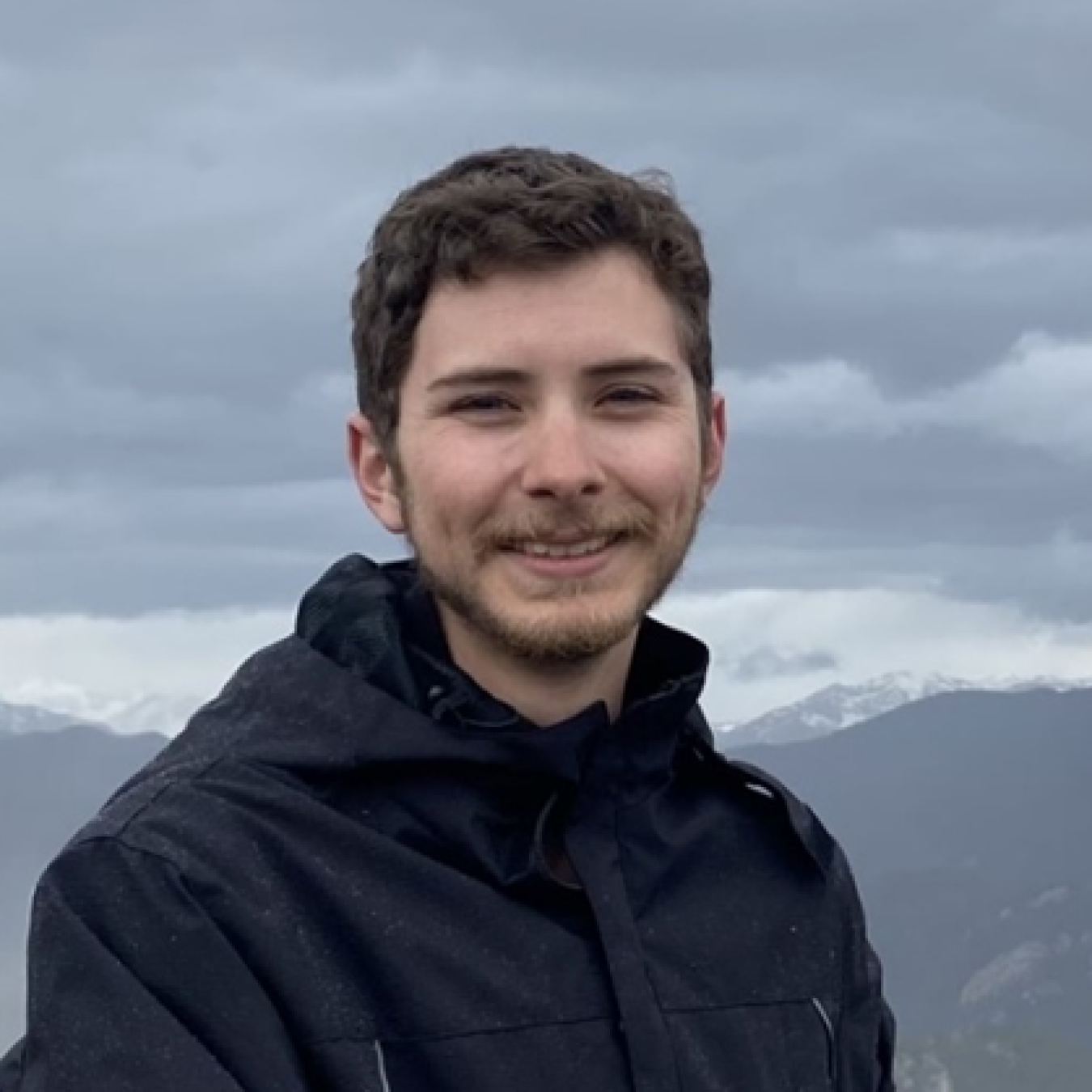
University: Colorado School of Mines
Host Organization: Atlantica Energy
Research Field: Economic Geology
“Understanding and investigating alternative forms of energy production, how they’re generated and how they function as a system, is a fascinating and important subject.”
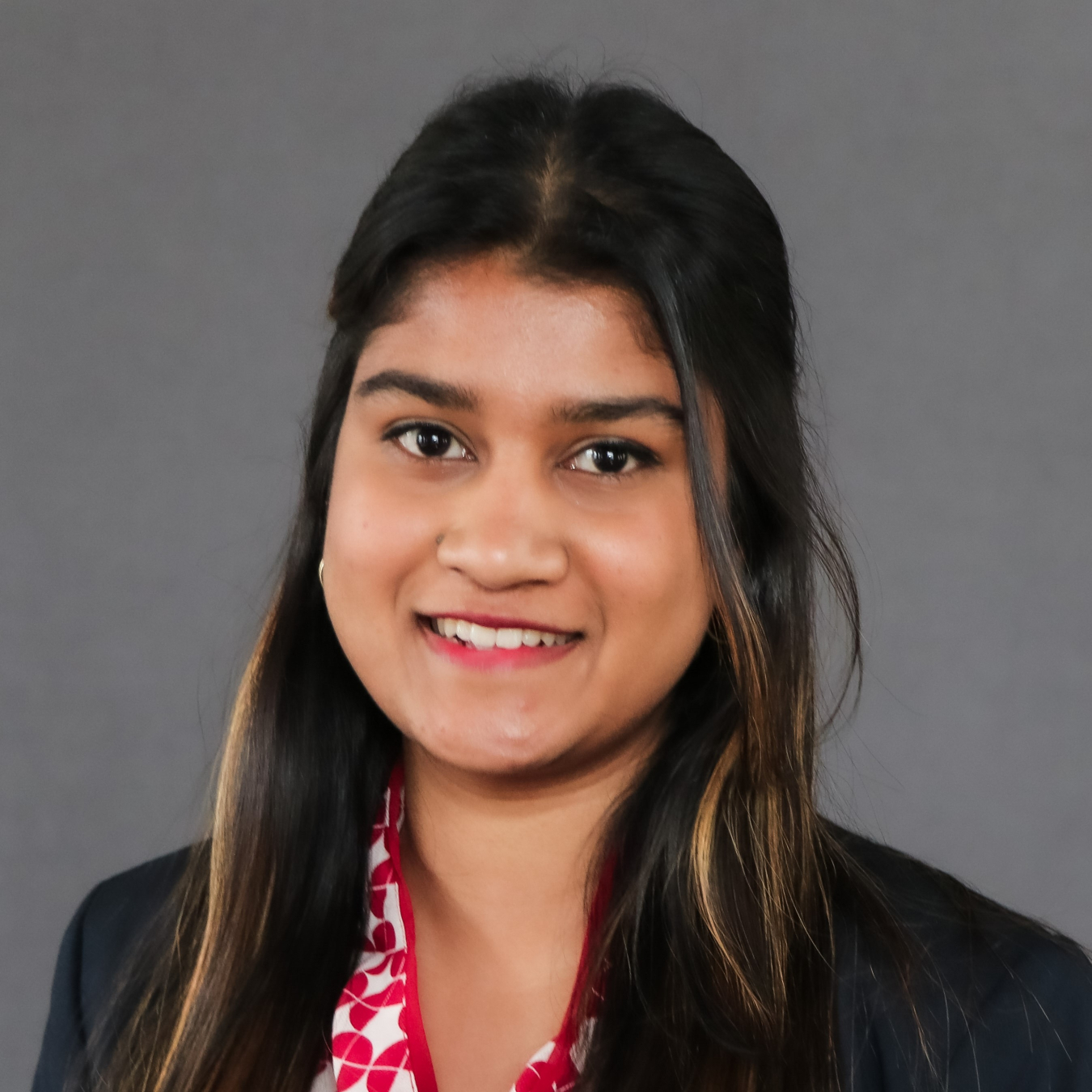
University: Northwestern University
Host Organization: Illinois State Geological Survey
Research Field: Geotechnical Engineering
“I am captivated by the prospect of unraveling the complex interplay between heat distribution, soil behavior, and infrastructure performance within the urban subsurface.”
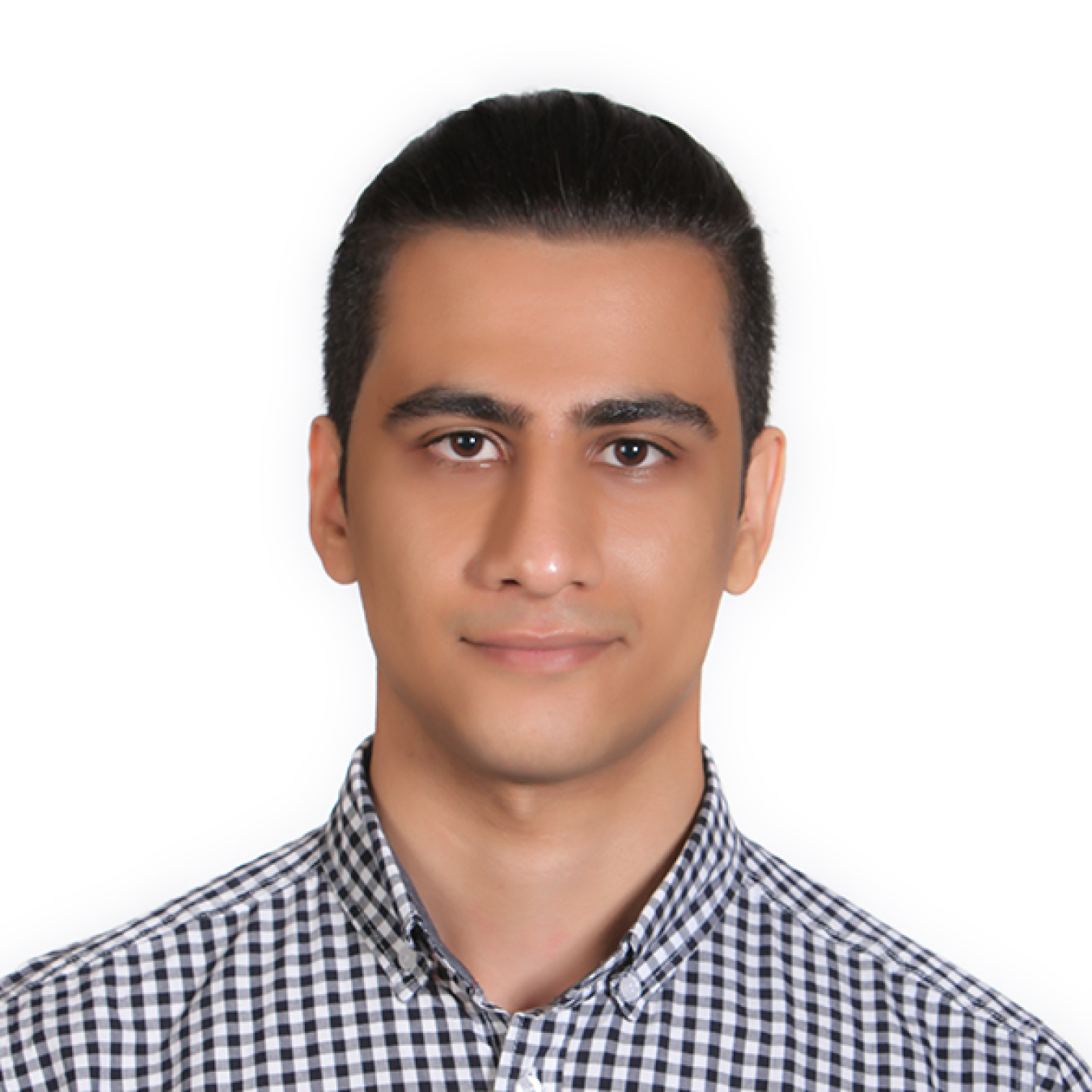
University: Colorado School of Mines
Host Organization: Fervo Energy
Research Field: Fiber-optic Sensing
“The novelty of using fiber-optic sensing technology for understanding and characterizing subsurface drew me to this field of research.”
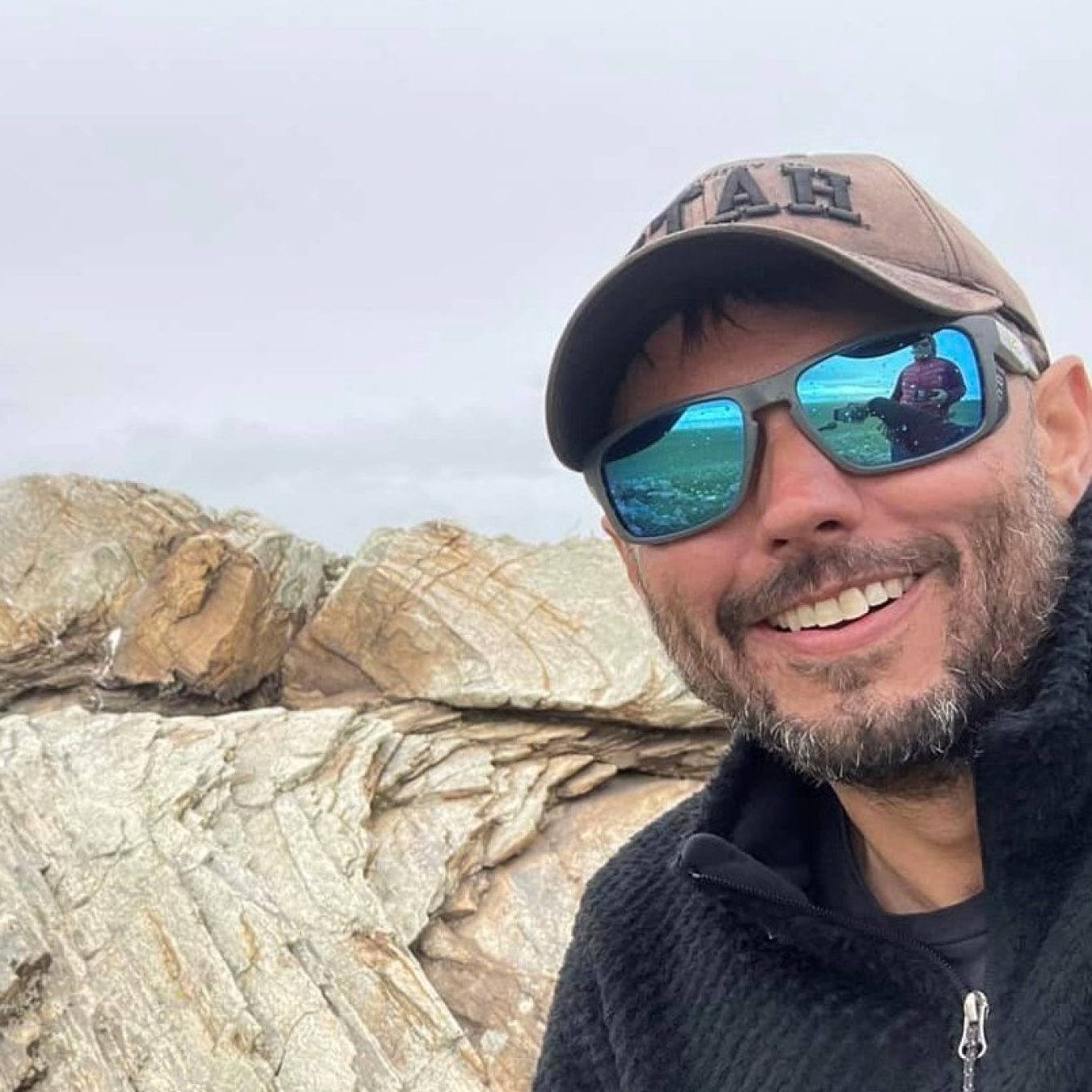
University: University of Utah
Host Organization: Utah Geological Survey
Research Field: Structural Geology and Tectonics
“From the onset of my geoscience pursuits, my love of high-country activities and curiosity of how the world's great mountain belts came to be funneled me into structure and tectonic disciplines.”
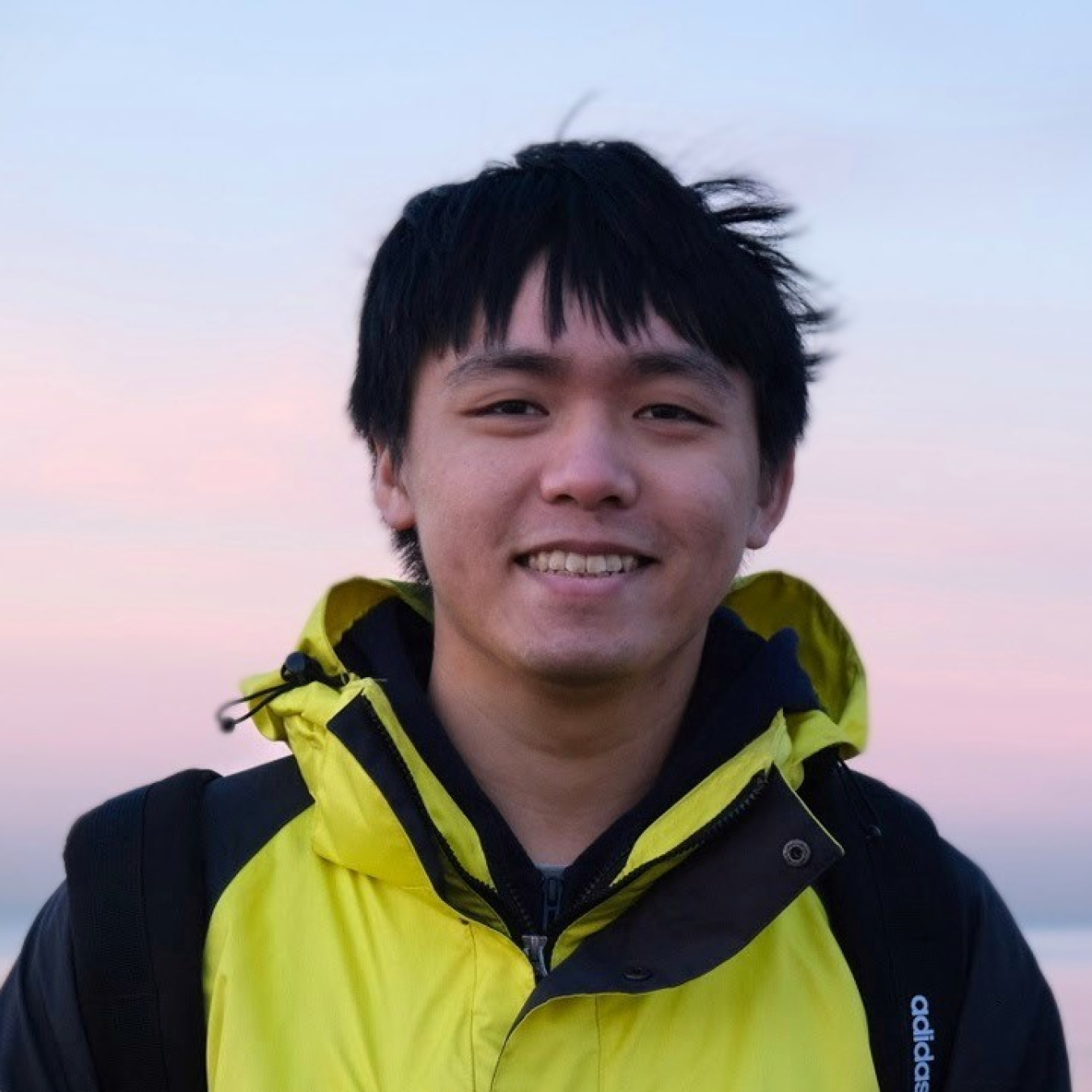
University: Florida State University
Host Organization: Sandia National Laboratories
Research Field: Applications of Classical Numerical Methods
“My research uses classical numerical methods to solve real-world engineering and scientific problems. One of the main applications we are particularly interested in is enhanced geothermal energy systems.”

